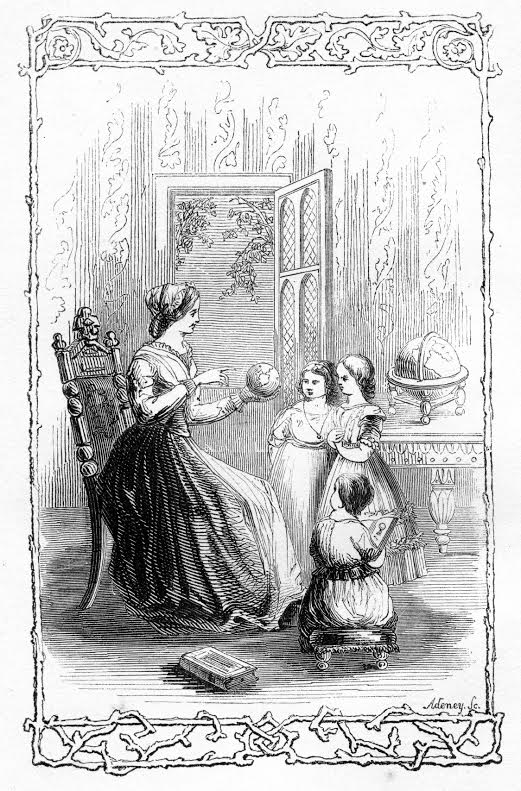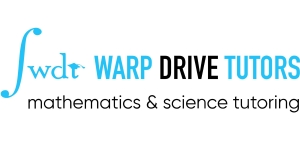
What Makes a Good Tutor?
Beyond the obvious “chemistry” if you will that develops between tutor and student, two of the most important attributes are the tutor’s knowledge of the specific subject material as taught in your child’s class, and an ability to engage the student during the tutoring sessions. Knowledge of the subject material is always paramount, but a tutor knowledgeable about a subject but lacking an appreciation of the particular subtleties for a a given course might not prove so helpful. There is, for example, a bit of a difference between the AP® Chemistry course and IB® Chemistry at Higher Level. Those of us familiar with one are certainly going to understand everything in the other, but not necessarily have the ability to explain the subtleties to a student who is struggling.
Thus while “knowledge of the subject” might seem obvious, and the tutor’s background in (for example) electrical engineering might impress you as substantial, an understanding of how to teach algebra does not necessarily follow as a given ability. If your child is struggling with basic algebra, knowledge of how to teach algebra is what is important, more so than the PhD program in electrical engineering. It is amazing how much basic algebra one forgets while in graduate school, and although it is not difficult to go and relearn it, you want to make sure that your child’s tutor has solved a quadratic equation at some point in the last ten years. Look for someone with a specific knowledge of the subjects taught in your child’s particular class, and it would be a good idea to have a copy of the course curriculum which you can show a prospective tutor in advance. You do not want someone showing up who is trying to figure things out for the first time in years, and at the same time explain it to your child, who has an exam the next day.
You also want to see how flexible is a tutor in their teaching style, and how willing are they to tailor their sessions to what a particular student specifically understands, and does not understand. A “one size fits all” approach does not work; you can not simply show up to a session with a student and “press play”. Indeed, there are children who require someone to push them, and there are those who will “tune out” after a minute and a half of this. There are students who can only pay attention for ten minute stretches, and if the tutor continues talking and the eyes begin to glaze over, then it is just a waste of everyone’s time. An ability to read a student’s degree of understanding and engagement, and adjust accordingly, is crucial in developing an effective teaching style. Indeed, the ability to engage a student makes all the difference, and there are tutors who are simply better at this. You will get an idea if this is the case by sitting in on the first session and seeing how responsive your child is with what the tutor has to say. One good sign? See if your child asks questions. If they don’t ask any questions, they are probably not getting much of what the tutor just explained.
A couple of other points – in general how good is the tutor at explaining things? Again, some people are just naturally gifted at this, more so than others. Anybody who says “I already explained that” or who expresses the slightest degree of frustration with a student’s question should probably not be asked back. And perhaps most importantly, the tutor should truly enjoy what they are doing and have genuine enthusiasm for the subject matter, because that enjoyment and enthusiasm will be contagious, and the student will look forward to future sessions.
Also, be wary of any tutor, or tutoring firm, that aggressively pushes hours at a student. We have seen more than a few stressed out students who are worried where they will find time to study for their French exam because “my ACT tutor said I have to meet with him for 2 hours on Wednesday, an hour and a half Saturday and then 2 hours again on Sunday. He says I really need practice on (fill in the blank)”. Ugh – these people are interested more in their own financial interest than in your child’s success. Any time a tutor pushes you for more hours than you think your child needs it is never a good sign.
Of course there are no absolutes in effective teaching. If your child says she understands the subject better and her grades go up, nothing else matters!
Warp Drive Tutors, Inc. has been developed independently from and is not endorsed by the International Baccalaureate Organization. International Baccalaureate®, Baccalaureat International®, Bachillerato Internacional® and IB® are registered trademarks owned by the International Baccalaureate Organization.
